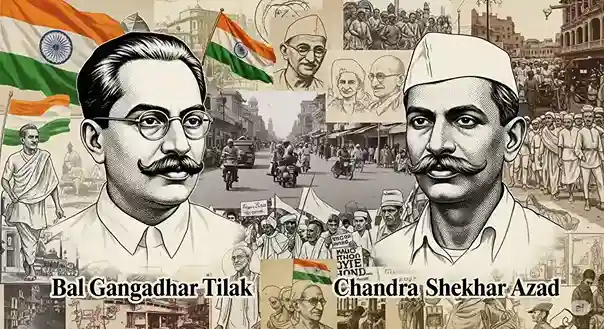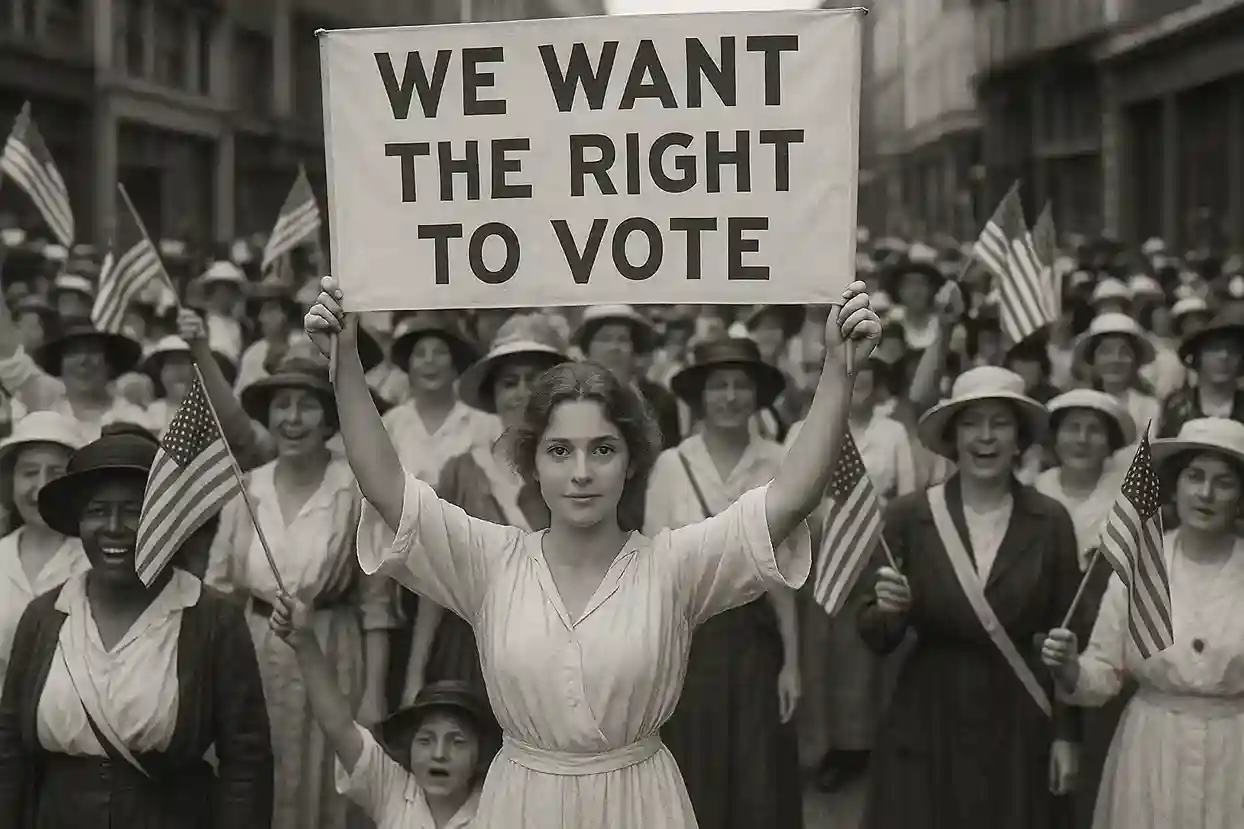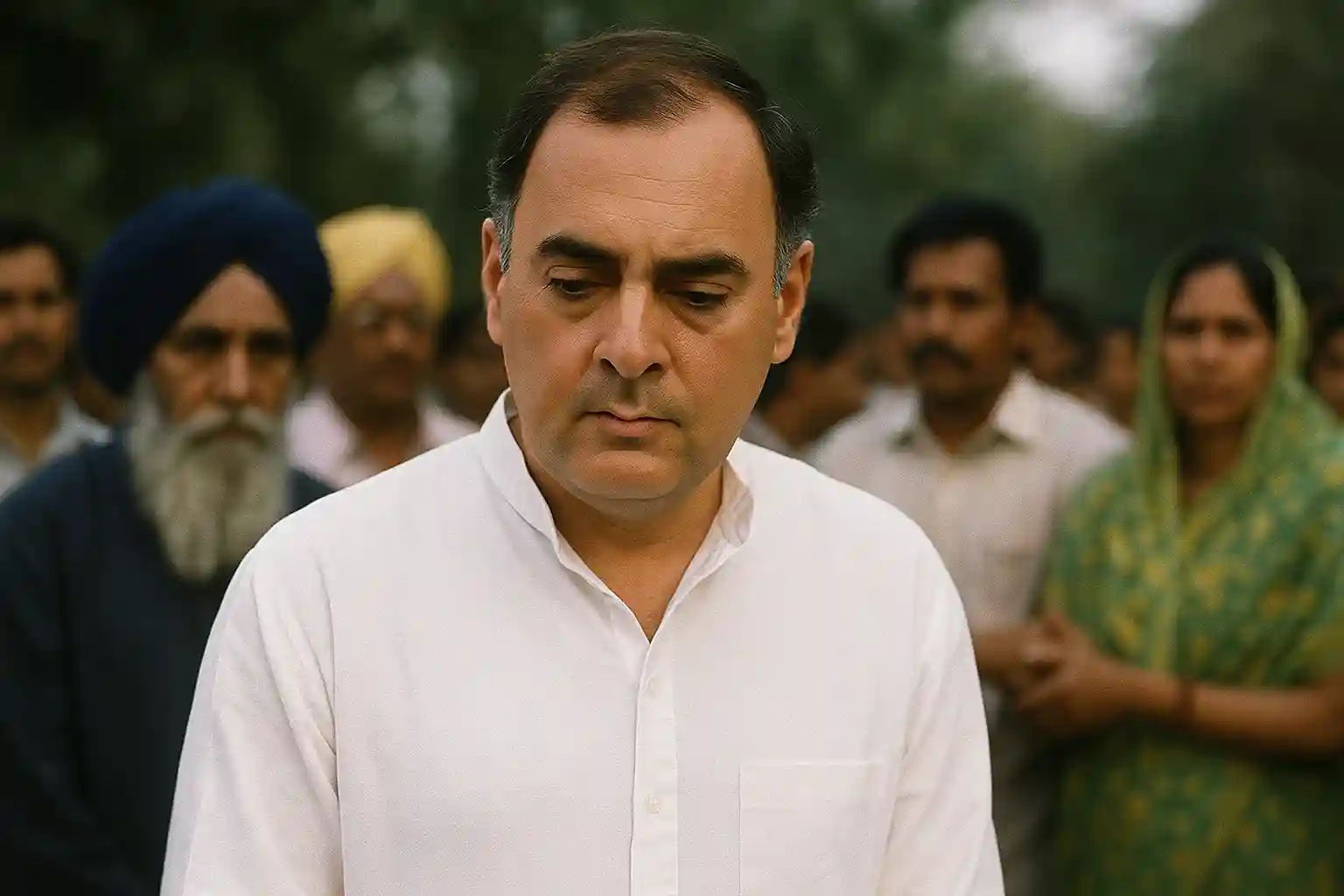On This Day, July 23: Remembering the Lions of India's Freedom Struggle

On This Day, July 23: Remembering the Lions of India's Freedom Struggle and a Media Milestone
New Delhi, India – July 23 holds a special place in the annals of Indian history, marking the birth of two of the nation's most revered freedom fighters, Bal Gangadhar Tilak and Chandra Shekhar Azad. It is a day to reflect on their immense contributions to the independence movement and to remember another key event that shaped modern India: the dawn of public broadcasting.
Here’s a look at the significant events that took place on this day:
1856: The Birth of Lokmanya Bal Gangadhar Tilak
On this day, Bal Gangadhar Tilak, one of the first and strongest advocates for Swaraj (self-rule), was born in Ratnagiri, Maharashtra. Revered as 'Lokmanya' (accepted by the people as their leader), Tilak was a scholar, philosopher, and ardent nationalist. He ignited the spirit of independence across India with his powerful slogan: "Swaraj is my birthright, and I shall have it!" His work laid the foundation for the mass-based freedom struggle that followed.
1906: The Birth of Chandra Shekhar Azad
Chandra Shekhar Azad, a fearless and iconic revolutionary, was born in Madhya Pradesh. A contemporary of Bhagat Singh, Azad was a key figure in the Hindustan Socialist Republican Association (HSRA). He was known for his incredible bravery and organizational skills, participating in several acts of resistance against British rule. He died tragically in 1931, staying true to his pledge to never be captured alive by the British.
1927: India's First Commercial Radio Broadcast
A new era in Indian communication began on this day, as the Indian Broadcasting Company (IBC), a private enterprise, made its first-ever broadcast from Mumbai. The station was inaugurated by the then Viceroy of India, Lord Irwin. This event marked the beginning of organized radio broadcasting in the country, which would later evolve into the state-owned All India Radio (AIR) in 1936, becoming a vital tool for information, education, and entertainment for millions.
1952: The Egyptian Revolution Begins
On the world stage, July 23 marks the beginning of the Egyptian Revolution. A group of military officers known as the Free Officers Movement, led by Muhammad Naguib and Gamal Abdel Nasser, launched a coup d'état that would lead to the end of the monarchy of King Farouk and the establishment of the Republic of Egypt. This was a pivotal moment in modern Middle Eastern history.


